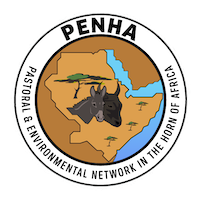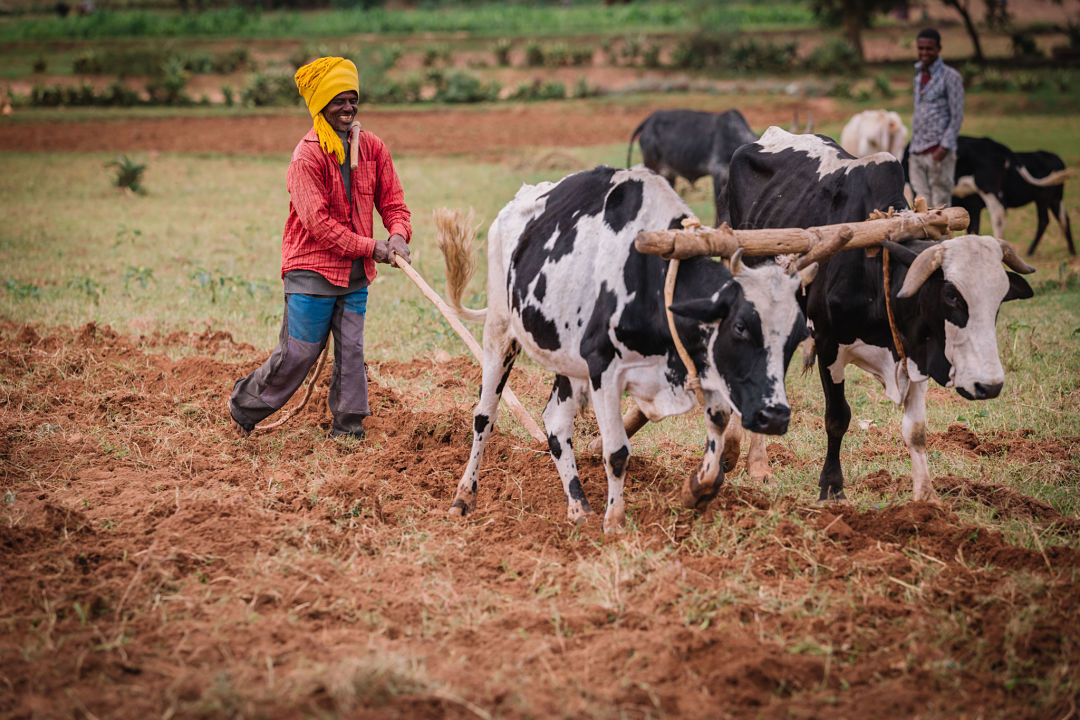Economic development and sustainable livelihoods
What we do
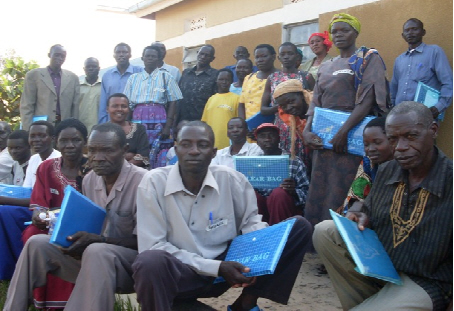
Since the 1980s in traditionally agro-pastoral areas of Uganda, local livestock holdings have been decimated by Lords Resistance Army guerrillas and raids by the neighbouring Karimojong pastoralist community. Restoring lost animal husbandry skills and restocking with new livestock are central to rebuilding local livelihoods.
We ran six training sessions with 204 participants (including 50 women) funded by the UN Food and Agricultural Organisation. They took place in the Lango, Acholi and Teso regions of Uganda and were three days each for a range of animals (goats, sheep, cattle and pigs in addition to chickens and turkey). The training covered both practical aspects of keeping and caring for the animals, as well as small business planning.
Participants produced outline action plans for the production and exploitation of their animals. Participants clearly appreciated the training, in particular, learning about keeping animals, animal health and disease management and treatment. Participants will manage livestock at local centres and provide extension services to local farmers.
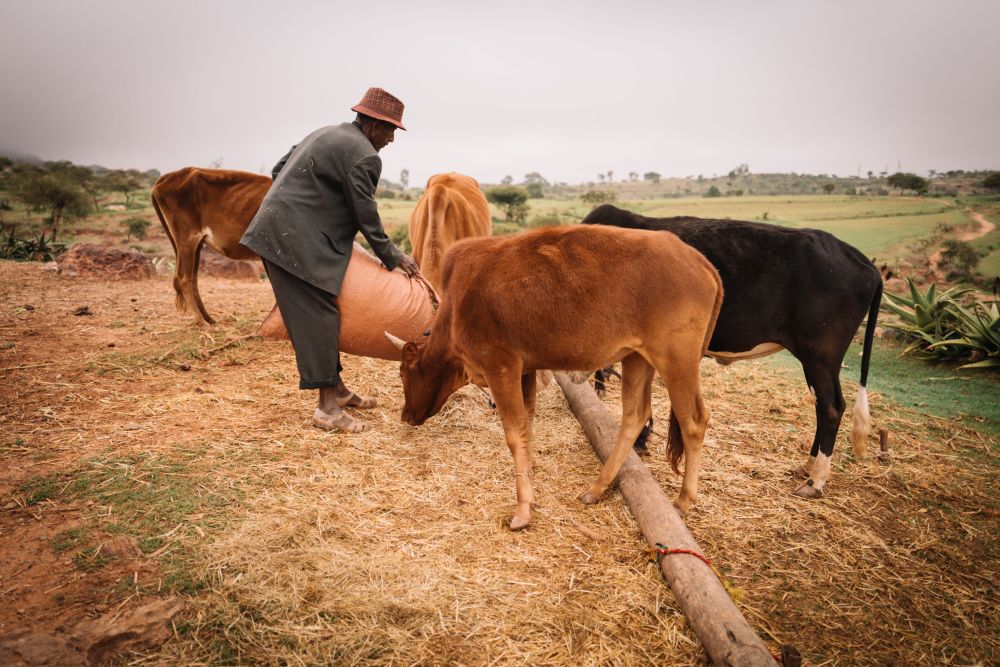
Follow-up meetings on animal husbandry training workshops in Uganda
We held a training of trainers follow-up workshop (29 people participated, with one woman only) and field monitoring visits to those who had participated in the original training sessions. This follow-up was funded by the FAO. We visited 38 men and 17 women in ten districts. The former trainees were at a variety of stages in implementing what they had learnt from the training. A significant number were passing on what they had learnt to others in their community. Others were developing their action plans fairly satisfactorily, while some had just started. Pens and coops for the animals and birds had in most cases been built. The visits also in some cases highlighted problems with government services at the grassroots. The visits were valuable in providing encouragement as well as real feedback on the training received.
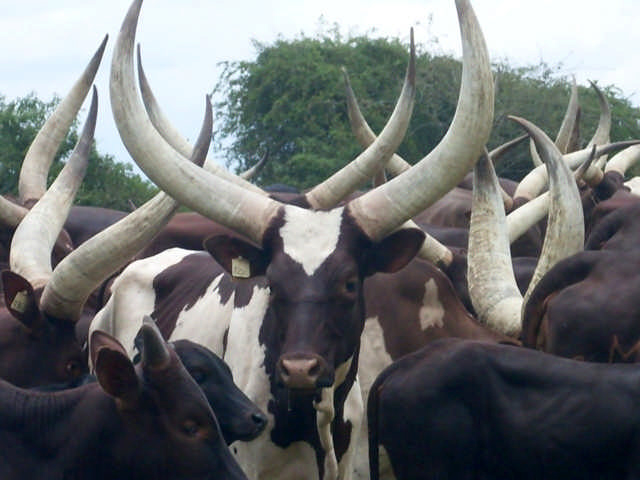
Conserving the Ankole Long-Horned Cattle in Uganda
With financial support from HIVOS, PENHA Uganda – in collaboration with the League for Pastoral Peoples and Indigenous Livestock Development and the Local Livestock for Empowerment of Rural People Network – carried out a study documenting the situation of Ankole Long-Horned Cattle. Read the report in English by clicking here or in Runyankore by clicking here.
This study was a result of PENHA’s participation in a workshop on ‘managing animal genetic resources in Africa – strategies, priorities, livestock keepers’ rights and the way forward’ held in Ethiopia. During the workshop, we were made aware that Ankole Long-Horned Cattle are among the breeds threatened with extinction. Apart from the social importance of the Ankole Cattle to the local community, the breed is also an important source of genetic material of particular relevance to cattle in arid areas of the world. For more details click here.

Animal husbandry training guide
As part of the final stage of our work on animal husbandry in Uganda funded by the FAO, we produced a training guide. This document was based on PENHA’s experience of the many trainings it has carried out. It is a very practical guide with information on both the subject of the training (animal husbandry) as well as how to run a workshop and deliver training in the most effective ways.
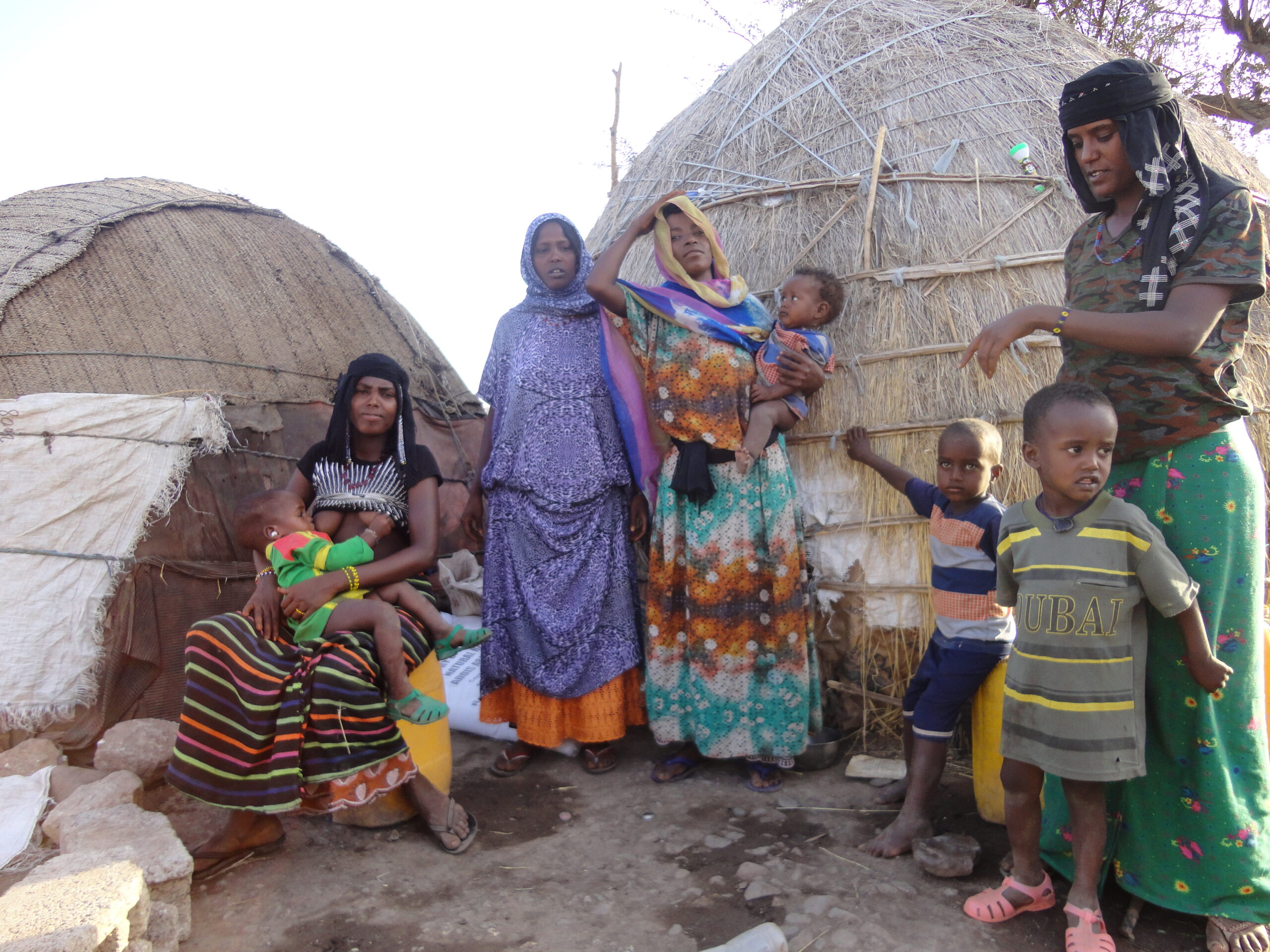
Improving livelihoods in the Afar region, Ethiopia
The Afar Region is arid and sparsely populated. The traditionally male-dominated Afar society is currently in a state of transition. Livelihoods in the region are mainly reliant on pastoralism, but many women tend to diversify their income streams to include a variety of informal urban employment activities. The economic diversification and transformation opportunities presented by Afar women pastoralists in these changing times are emerging trends that need to be understood properly.
To explore this, a consortium consisting of PENHA, the Development Planning Unit of University College, University of London and Adi Grat University in Northern Ethiopia secured a grant of €301,436 from the Netherlands Organization for Scientific Research.
The overall aim was to evaluate existing policies and practices and come up with new and alternative options to accelerate livelihood improvement among pastoralists in the Afar Region in Ethiopia.
